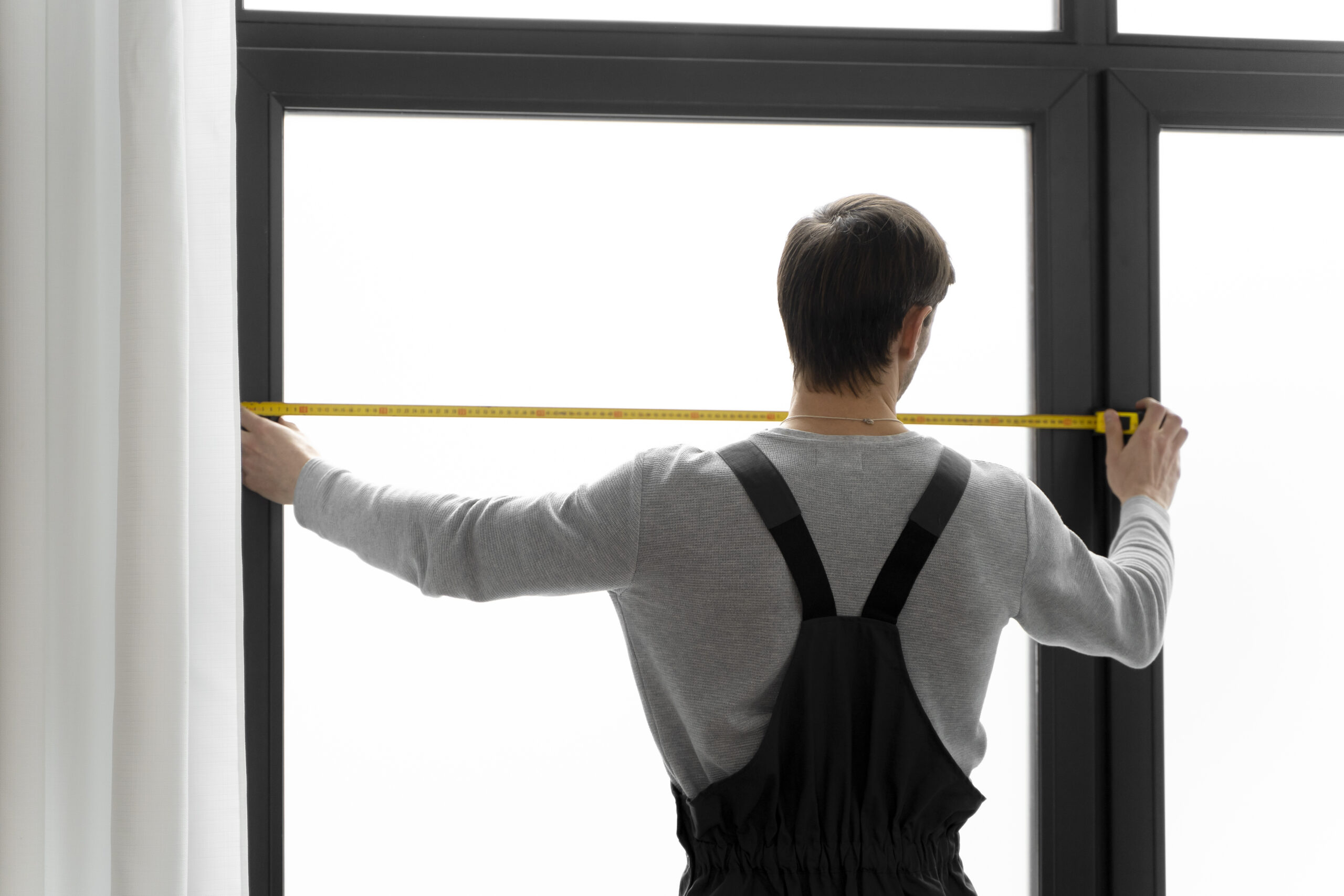Vinyl vs. Aluminum Windows: How to Choose the Best Option for Your Home

When it comes to upgrading or installing new windows in your home, the choice of material is crucial. Vinyl and aluminum windows are two popular options, each with its own set of advantages and considerations. Understanding the differences between these materials can help you make an informed decision that best suits your needs and preferences. Let’s explore the key factors to consider when choosing between vinyl and aluminum windows.
1. Durability and Maintenance
Vinyl Windows: Vinyl windows are known for their durability and low maintenance requirements. Made from PVC (polyvinyl chloride), they are resistant to peeling, chipping, and fading. Vinyl doesn’t require painting, and it holds up well in various weather conditions. Cleaning is simple—just a wash with soap and water is usually sufficient.
Aluminum Windows: Aluminum windows are also durable but can be prone to corrosion, especially in coastal areas with high salt content in the air. They are more resistant to impact and are less likely to warp or crack compared to vinyl. However, aluminum windows may require occasional maintenance to prevent rust and maintain their appearance.
2. Energy Efficiency
Vinyl Windows: Vinyl windows generally offer better insulation compared to aluminum. They have natural insulating properties and are often equipped with multiple chambers within the frame that help reduce heat transfer. This can lead to lower energy bills and a more comfortable indoor environment.
Aluminum Windows: While aluminum windows are strong and lightweight, they are not as effective at insulating as vinyl windows. Aluminum conducts heat more readily, which can lead to higher energy costs if not equipped with a thermal break—a material inserted between the inside and outside of the frame to reduce heat transfer.
3. Aesthetics and Design Options
Vinyl Windows: Vinyl windows come in a variety of styles and colors, and modern manufacturing techniques have expanded design options. They can mimic the look of wood or come in various finishes to match your home’s exterior. However, once installed, vinyl windows cannot be painted or stained.
Aluminum Windows: Aluminum windows offer a sleek, modern look and can be finished in a wide range of colors through powder coating. They are highly customizable and can be tailored to fit unique design preferences. Aluminum frames can also be painted or anodized to achieve a desired finish.
4. Cost
Vinyl Windows: Generally, vinyl windows are more affordable than aluminum windows. They offer a cost-effective solution for those looking to balance budget and performance. The lower initial cost combined with minimal maintenance makes vinyl a popular choice for many homeowners.
Aluminum Windows: Aluminum windows tend to be more expensive than vinyl, both in terms of the initial purchase price and potential long-term maintenance costs. However, their durability and modern appearance can justify the higher cost for some homeowners.
5. Noise Reduction
Vinyl Windows: Vinyl windows tend to offer better soundproofing qualities. Their multi-chambered design helps to reduce outside noise, creating a quieter and more serene indoor environment. This makes them a good choice if you live in a noisy area.
Aluminum Windows: Aluminum windows, while durable, typically do not offer the same level of noise reduction as vinyl. If soundproofing is a significant concern, you might need to consider additional measures, such as specialized glass or window treatments.
6. Environmental Impact
Vinyl Windows: Vinyl windows are made from plastic, which raises concerns about their environmental impact both in terms of production and disposal. However, some manufacturers are working on more sustainable practices and recycling options.
Aluminum Windows: Aluminum is a highly recyclable material and has a lower environmental impact in terms of recycling. The production process for aluminum windows is energy-intensive, but the material’s long lifespan and recyclability can offset some of these impacts.
Making the Decision
When choosing between vinyl and aluminum windows, consider your specific needs and priorities:
- If you prioritize low maintenance, energy efficiency, and cost-effectiveness, vinyl windows might be the best choice.
- If you value durability, design flexibility, and a modern aesthetic, aluminum windows could be more suitable.
Ultimately, the best window option for your home will depend on your personal preferences, budget, and the specific conditions of your home. Consulting with a professional window installer can also provide valuable insights and help you make a well-informed decision.
By carefully weighing the benefits and drawbacks of each material, you can choose the windows that will enhance your home’s comfort, appearance, and efficiency for years to come.







yn16kg